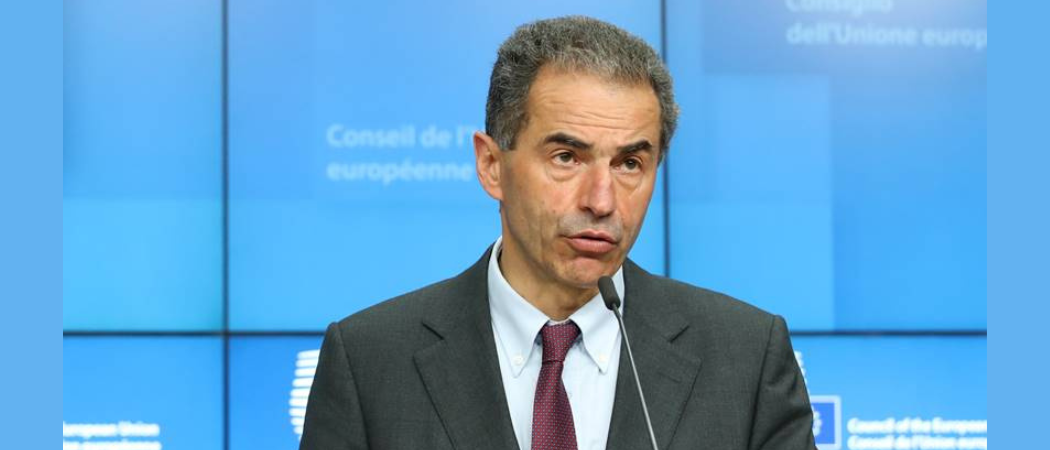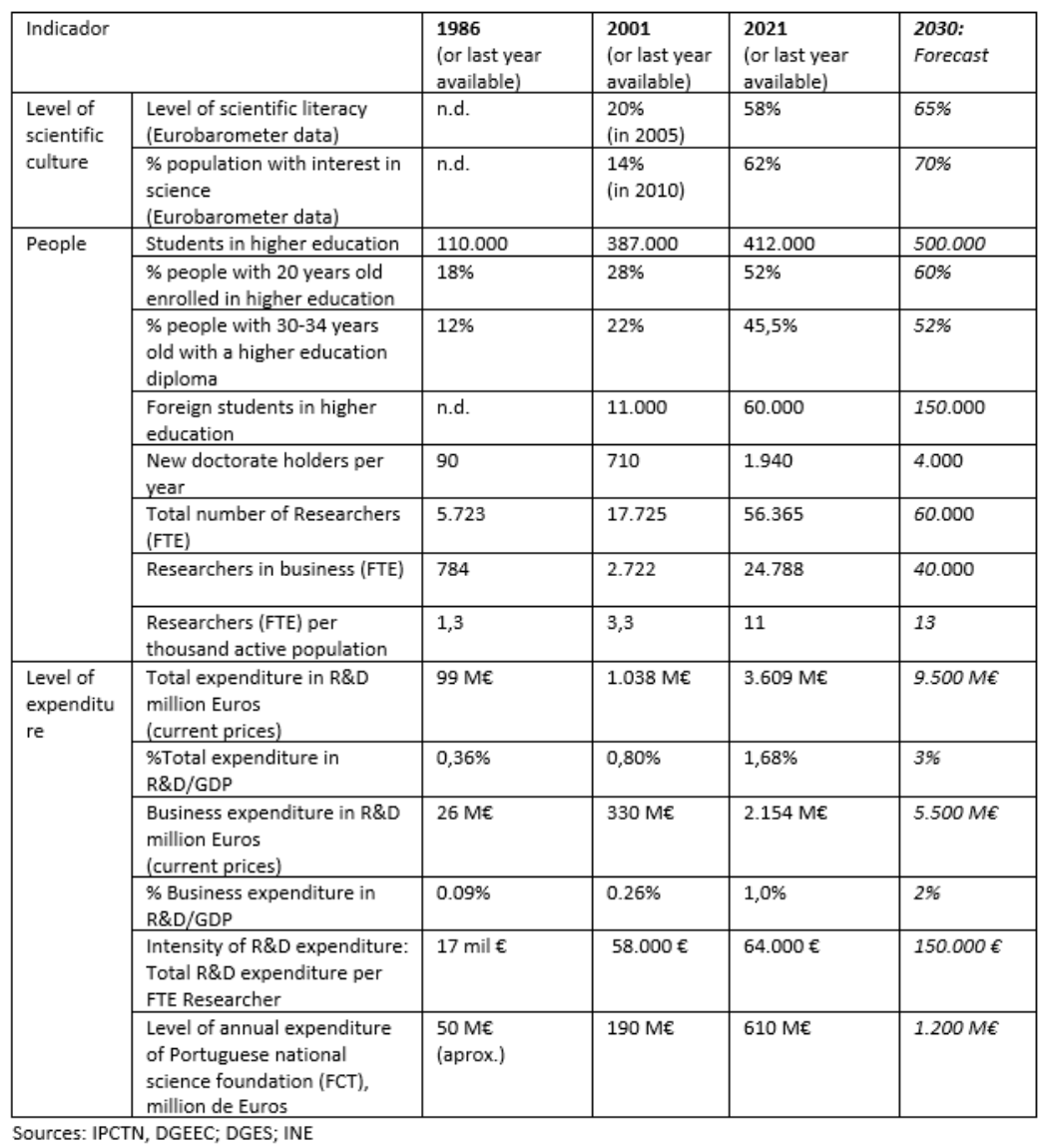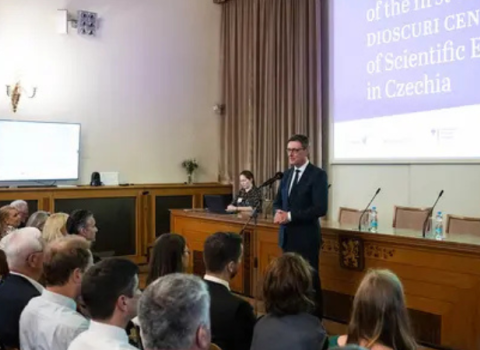A sustained effort to diversify funding sources has enbled steady progress. Now, almost 40 years after joining the EU, that Portugal is in sight of meeting the target of spending 3% of GDP on research by 2030

Manuel Heitor, director of the Technology Policy Lab at the University of Lisbon and former Portuguese science minister. Photo: European Union
Almost 40 years after joining the EU - and 50 years after the Carnation Revolution and its transition to democracy, in 2021 Portugal reached two important milestones. First, more than 40% of the population aged between 30 and 34 had a higher education diploma, up from only 15% in the 1990s. Second, more than half of 20-year-olds were studying at university, up from only 20% in the early 1990s and around 15% at the end of the 1970s.
In parallel, ambitious national policies led to an increase in research spending, from 0.5% in the early 1990s, to over 1.7% of GDP in 2022. That may leave some way to go to hit the EU target of 3% in 2030, but in the private sector R&D expenditure almost doubled in between 2015 and 2022, surpassing 1.1% of GDP in 2022 - compared to 0.6% in 2015. This was accompanied by a significant increase in exports of higher value-added goods and services, with the contribution of EU structural funds being critically important to help achieving this goal.
This led to a significantly positive ‘Technological Balance of Payments’, which shifted from being negative up to 2007, to be balanced by 2017. In 2021, Portugal registered one of the largest relative concentrations in Europe of technology companies with market valuations above €1 billion, including firms such as Sword Health, Farfetch, Outsystems, Feedzai, Talkdesk, Remote and others, with an estimated value equivalent to around 16% of GDP.
However, it was not until 2011 that the amount of EU funds raised by Portuguese institutions from the research framework programmes exceeded the national investment in these schemes. In other words, it took more than 25 years of European integration to build the national scientific, technological and business capacity to reach break even.
So it takes a long time, but is not impossible. In 2021 domestic companies and R&D institutions attracted more than 1.8% of total competitive European investment, making Portugal one of the member states with the greatest relative capacity to attract funds from Horizon 2020 and Horizon Europe.
Also in 2021, Portugal began to lead the group of European countries whose citizens had the greatest level of engagement with science and technology. Around 62% of those questioned by Eurobarometer on ‘Knowledge and attitudes to science and technology’ said they were interested, a significant increase from 14% in 2010. Almost 30 percentage points now separate Portugal from the European average, which stands at 33%.
These data and the way they have evolved over the almost four decades of Portuguese EU membership are critical to understanding the conditions needed for widening European research and innovation skills and designing the tenth EU framework for 2028 - 2035.
Growing the skills base
Human resource-centred science policies have over the last three decades led to an increase in the number of researchers working in Portugal, to reach one of the highest in Europe, at 11 researchers per thousand active population in 2021, compared to 7.4 per thousand in 2015. In the early 1990s the figure was well below 4 per thousand.
The population of PhDs also grew, as a result of increased public funding for doctoral grants. The people are also much younger. Whereas in the 1970s, the entire population of 400 doctorate holders was over 55 years old, in the 2000s there were 25,000 PhDs, 92% of whom were below 55 years old and 67% younger than 44. The contribution of the European Social Fund was critically important in achieving this goal, alongside national investment.

Intensity of expenditure and the quality of research and innovation jobs
Portugal’s increasing strengths in research could see it reach the R&D investment target of 3% of GDP. The challenge now is to continue increasing the amount of R&D expenditure as a function of GDP, but also increase the intensity of expenditure per researcher, by 2030. Another challenge will be to continue increasing the level of wealth produced, through a continued increase in the technological balance of payments.
The intensity of R&D funding, that is total R&D expenditure per full time researcher, remains low compared to the European average and this remains one of the biggest challenges for the next decade. It requires improvement in terms and conditions and pay in the public and private sectors, and better career pathways.
It is in the context of skills that the EU as a whole has to understand why Europe needs to increase investment in R&D whilst simultaneously expanding the talent pool across all European regions, by dawing on a wide portfolio of European funds. This includes centrally administered funds like Horizon Europe, but also decentralised funds where management is delegated to the beneficiary country.
Portugal’s story illustrates how Europe can emerge from critical times by creating the conditions that strengthen and diversify the research infrastructures, institutions and incentives, to foster change through knowledge-based international cooperation.
This goes well beyond national innovation systems, requiring adequate brain circulation throughout Europe and people who are attuned to working within diversified and global environments. It is clear the secret to success resides not in the power of our individual minds, but in the collective brains of our communities.
Looking at the evolution of research systems in Europe over the last two decades, there has been increasing internationalisation of private business and academic/scientific strategies, while government innovation polices and science-funding agencies remain overwhelmingly national.
This leads to new dilemmas for policymaking. Now the key issue is to better understand the implications of this increasing ‘technoglobalism’ for national and international innovation policies, develop new approaches to reduce international friction and consider where European-level public R&D policies need wider integration.
As part of this, consideration should be given to promoting new forms of institutional funding to improve the quality of research and innovation jobs throughout Europe and to promote brain circulation.
Manuel Heitor is director of the Technology Policy Lab at the University of Lisbon. He was Portugal’s science minister between 2015 and 2022 and secretrary of state between 2005 and 2011.





 A unique international forum for public research organisations and companies to connect their external engagement with strategic interests around their R&D system.
A unique international forum for public research organisations and companies to connect their external engagement with strategic interests around their R&D system.